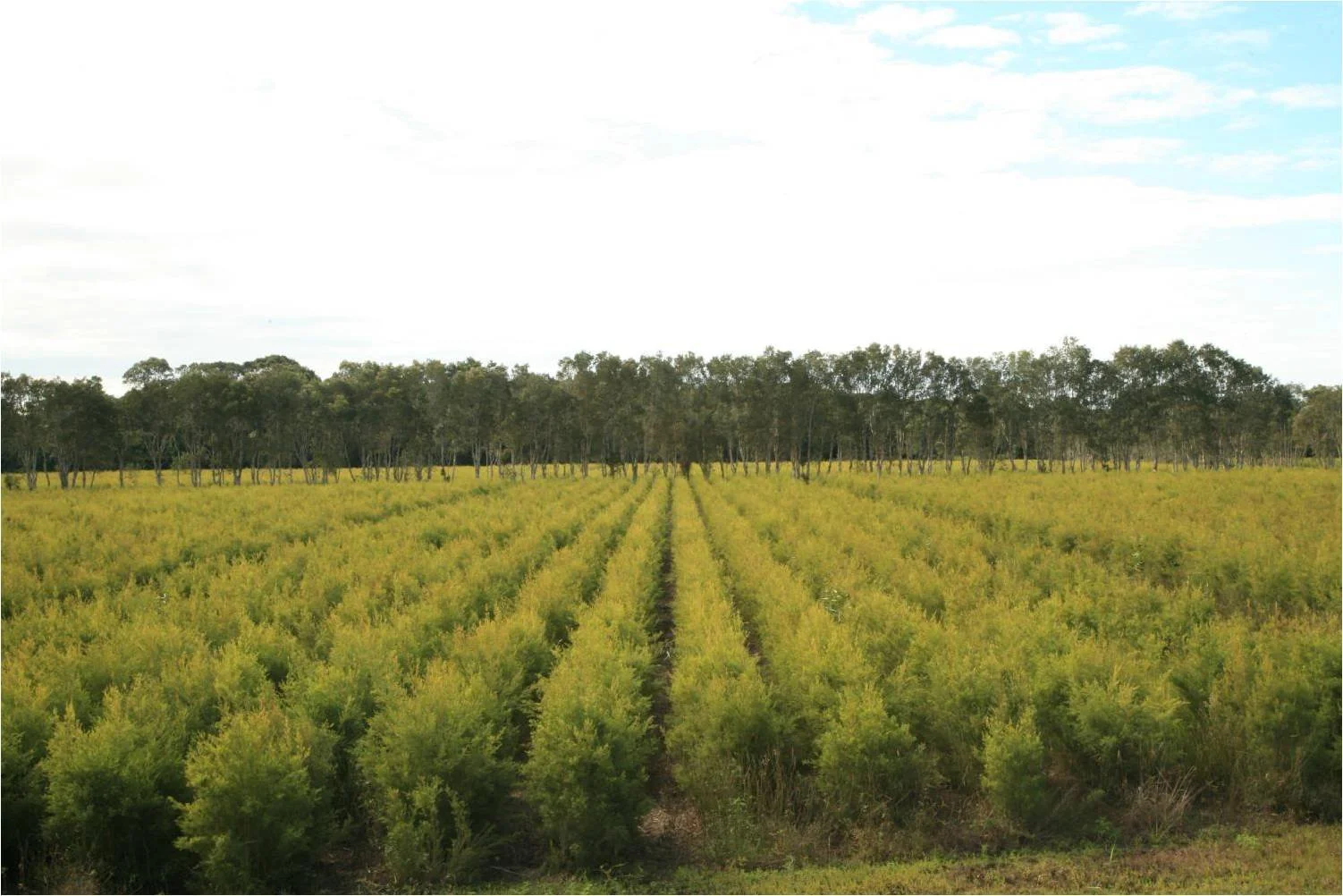New Research Explores Vapour-Based Tea Tree Oil Action Against Bovine Respiratory Pathogens
Emerging research highlights tea tree oil’s versatility across new therapeutic applications
A new preliminary study has explored the use of tea tree oil vapours as a potential approach to combat pathogens involved in bovine respiratory disease (BRD) - one of the most significant health challenges in global beef production.
The research, titled “Bovine Respiratory Disease Pathogen Inhibition by Tea Tree Oil (Melaleuca alternifolia) Vapours using a Novel Micro Vapour Assay” (Research Square, 2025, preprint), examined both standard tea tree oil (TTO) and a nanoemulsion form (nTTO) against the bacterial pathogen Mannheimia haemolytica and Bovine Herpesvirus 1.
Using a new vapour-based testing method, the researchers found that:
Mannheimia haemolytica was inhibited by TTO vapours at low concentrations, with a mean minimum inhibitory concentration (MIC) of 0.078%.
Vapours from both TTO and nTTO completely inactivated Bovine Herpesvirus 1 within 24 hours.
The study introduced a micro vapour assay capable of measuring both bactericidal and virucidal effects — potentially useful for screening essential oils against respiratory pathogens.
While these results are preliminary and have not yet undergone peer review, they add to a growing body of evidence that tea tree oil is remarkably versatile - acting across bacterial and viral targets and effective through multiple modes of delivery, including vapour.
This versatility continues to make tea tree oil a focus of scientific research across both human and veterinary medicine.
🔗 Read the full preprint:
Bovine Respiratory Disease Pathogen Inhibition by Tea Tree Oil Vapours using a Novel Micro Vapour Assay
For questions or support, contact us at ceo@attia.org.au.

